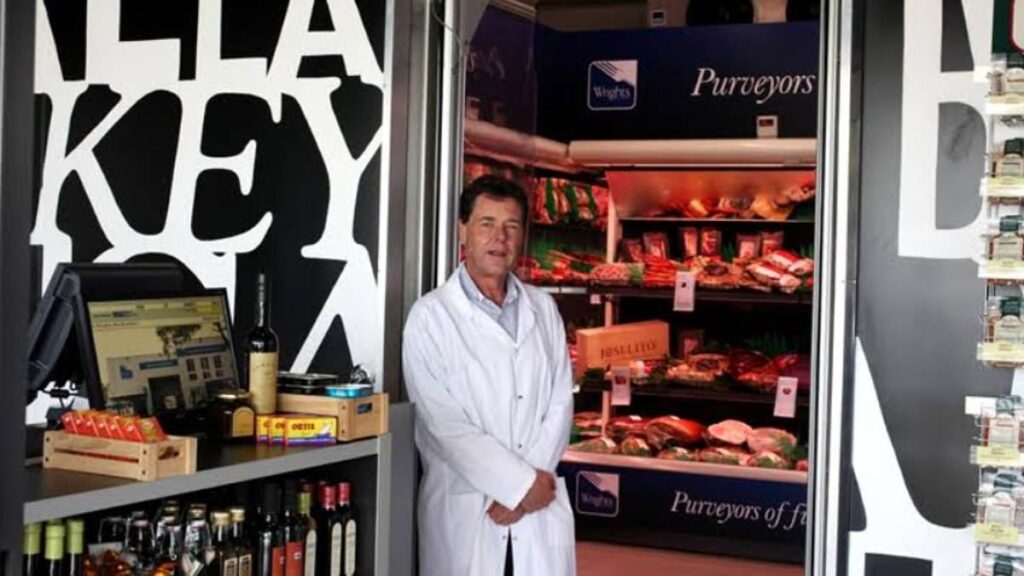
A lucrative butcher position offering $130,000 annually remains unfilled despite receiving over 140 applications. The owner of Wrights The Butchers in Alexandria, Sydney, Clayton Wright, attributes this to a significant shortage of qualified candidates and language barriers among applicants.
Wright, a 66-year-old fourth-generation butcher, expressed concerns over Australia’s dwindling pool of young tradespeople, which exacerbates existing pressures from rising wages, superannuation costs, and broader cost-of-living challenges for businesses. “We have had a decades-long drain on people that have not picked up the trade. This is what we’re suffering now,” Wright told news.com.au.
Challenges in Filling Skilled Positions
Despite investing $1,100 monthly in online advertisements for the position, Wright has yet to receive an application from a qualified local butcher. All 140 applicants were from overseas, primarily from countries such as Bangladesh, India, Pakistan, Nigeria, and South America. Wright believes these candidates were seeking sponsorships to work in Australia, but he noted the absence of available trainers to mentor them.
“This happened years ago in the chef industry, where chef was an easy entry into Australia so all these people came and did a chef’s course,” Wright explained. “The problem is that you have no butchers, so if you bring people in from overseas, you have no one to train them.”
Broader Implications for Australian Businesses
Business NSW Chief Executive Daniel Hunter highlighted that Wright’s struggle is not unique. Many business owners face similar challenges, repeatedly advertising for roles with little success in recruitment. Hunter outlined three potential solutions: enhancing vocational training and skills, better utilizing the existing workforce, and increasing skilled migration.
“If you do those three things, then you can certainly have a positive impact for businesses,” Hunter stated.
The 2024 State of Skills report by Business NSW revealed that 28% of employers had to make five or more attempts to fill a single role over the past year. Furthermore, 77% of businesses reported difficulties in recruiting suitable staff, with 80% having to increase wages or improve conditions to attract workers.
Impact on Business Growth and Competition
The report also found that 36% of businesses delayed expansion plans, and 27% lost business to competitors due to ongoing staffing shortages. Hunter emphasized that the skills shortage is particularly severe in regional and trade industries.
Wright criticized the trend of young Australians being steered towards tertiary education rather than vocational training. He argued that this shift contributes to the shortage of skilled tradespeople, not just in the meat industry but across various sectors.
Future Outlook and Potential Solutions
Wright believes that young Australians are discouraged from entering trade professions due to low base award wages, which do not reflect the higher earning potential within these industries. This perception, he claims, needs to change to attract more individuals to vocational training pathways.
As businesses continue to grapple with the skills shortage, the focus may shift towards creating more attractive vocational training programs and increasing awareness of the long-term benefits of trade careers. The situation underscores the need for strategic policy interventions to balance educational pathways and support industries crucial to Australia’s economy.
Looking ahead, the emphasis on skilled migration, vocational training, and better utilization of the current workforce will be critical in addressing these challenges. For business owners like Wright, finding a solution is not just about filling a position; it’s about sustaining a legacy and ensuring the future of local trades.






